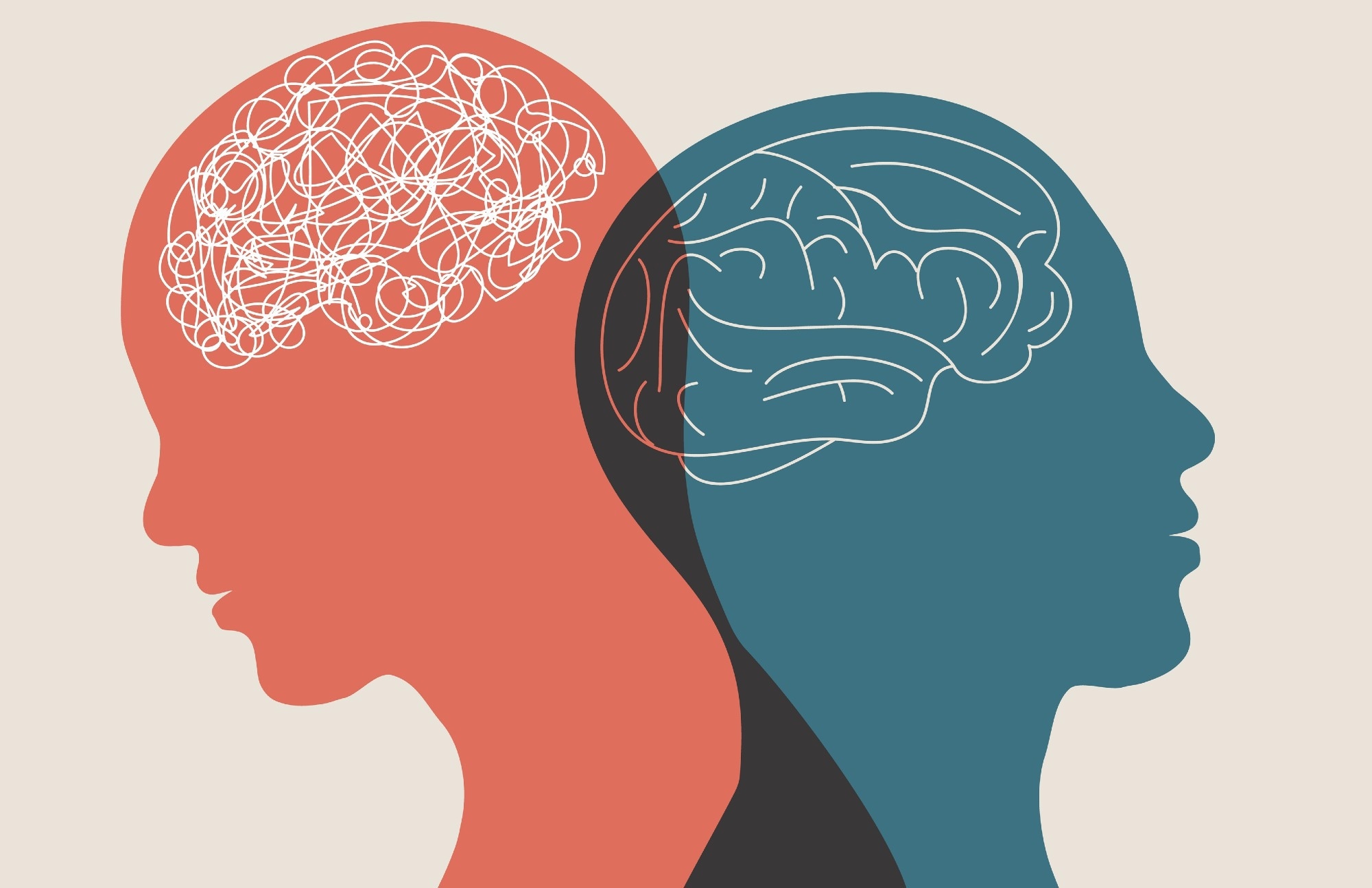Can a diabetes medication improve memory, reduce addiction, and influence mood? Scientists uncover surprising effects of GLP-1 drugs on brain health—but are there hidden risks?
Study: An analysis on the role of glucagon-like peptide-1 receptor agonists in cognitive and mental health disorders. Image Credit: melitas / Shutterstock
In a recent study published in the journal Nature Mental Health, researchers from the United Kingdom and Canada explored how glucagon-like peptide-1 receptor agonists (GLP-1RAs), originally developed for diabetes and obesity, might influence cognitive and mental health disorders. They reviewed evidence suggesting that these medications could offer unexpected benefits for conditions such as dementia, depression, and addiction.
Metabolic and Cognitive Health
Scientists are increasingly recognizing that the body and mind are closely connected, especially in conditions like diabetes and obesity. People living with these metabolic diseases often face higher risks of cognitive decline, dementia, and mental health issues such as depression.
Research hints that disturbances in insulin signaling, inflammation, and brain metabolism might underlie these links. Additionally, the brain’s reward and stress systems can be altered by metabolic dysfunction, contributing to substance misuse and mood instability.
While standard treatments exist for cognitive and psychiatric disorders, they are often only partially effective and can cause side effects. This has driven researchers to explore new approaches. Emerging evidence suggests that GLP-1RAs, drugs used to manage blood sugar and support weight loss, might also enhance brain function and mental well-being. However, results from clinical trials have been mixed, and the mechanisms by which these medications influence the brain remain uncertain. This creates a need for further comprehensive evaluation.
About the Study
The current study conducted an extensive review of preclinical and clinical studies to evaluate the potential role of GLP-1RAs in cognitive and mental health disorders. They analyzed 278 preclinical and mechanistic studies involving animal models, cellular research, and 96 clinical studies in humans.
This clinical review incorporated randomized controlled trials, observational studies, and meta-analyses that assessed the effects of GLP-1RAs across a range of conditions. The included studies examined cognitive disorders such as dementia and Parkinson’s disease, substance-use disorders, psychotic illnesses, mood and anxiety disorders, and eating disorders.
The preclinical studies examined in the review explored how GLP-1RAs influence the brain, specifically, its role in reducing inflammation, protecting neurons from damage, enhancing synaptic functioning, and improving insulin signaling within the brain.
Some trials investigated whether GLP-1RAs could slow dementia progression in people with diabetes, while others tested their effects on substance cravings or cognitive impairments associated with schizophrenia. In patients with obesity and type 2 diabetes, a few of the trials assessed whether GLP-1RAs could alleviate depressive symptoms. However, some studies also reported potential adverse effects, including mood disturbances and suicidal thoughts, leading to regulatory concerns and calls for further investigation.
The study followed rigorous search and screening methods to ensure only high-quality evidence was included. Furthermore, the researchers aimed to identify patterns across diverse conditions to determine whether GLP-1RAs might offer broad neuropsychiatric benefits or if their effects were specific to certain disorders.
Major Findings
The study found that GLP-1RAs showed promise for improving cognitive function and reducing the risk of dementia, particularly in individuals with diabetes. Observational studies suggested that GLP-1RA drugs such as liraglutide and semaglutide may be associated with a lower likelihood of developing dementia. However, some randomized controlled trials did not find significant cognitive improvements, particularly in short-term assessments. Furthermore, animal studies supported these findings, showing improvements in memory and reductions in brain inflammation and toxic protein buildup.
For substance-use disorders, early evidence suggested that GLP-1RAs might reduce alcohol and opioid cravings by influencing dopamine pathways involved in reward processing. However, the results were mixed for cocaine and nicotine addiction, and the number of human studies was limited.
The evidence regarding the impact of GLP-1RAs on mood and anxiety disorders was inconsistent. Some studies suggested that GLP-1RAs improved depressive symptoms, particularly in patients with diabetes and obesity. However, others raised concerns about possible mood worsening, including rare reports of suicidal thoughts. Regulatory agencies have initiated reviews to assess these potential risks.
In psychotic disorders such as schizophrenia, GLP-1RAs demonstrated benefits primarily in addressing antipsychotic-induced weight gain and metabolic disturbances. However, they did not consistently improve psychiatric symptoms or cognitive function in these patients. GLP-1RAs also showed potential for managing binge-eating disorder, reducing emotional eating, and improving control over food intake.
The review highlighted some of the limitations in the research in this field, including a reliance on animal studies for mechanistic insights, which may not fully reflect human biology. Many clinical trials were conducted in people with diabetes or obesity, making it unclear whether the drugs offer the same benefits in individuals without these conditions. Additionally, the long-term safety profile of GLP-1RAs for mental health remains uncertain, and further studies are needed to clarify possible risks.
Conclusions
In summary, the study revealed that GLP-1RAs could hold potential beyond diabetes and obesity, offering possible benefits for cognitive health and addiction. However, the extent of these effects varies depending on the condition, and evidence from clinical trials remains inconsistent. While some findings suggest neuroprotective properties, safety concerns—particularly around mood disturbances and suicidality—warrant further scrutiny. More research is needed to confirm these findings and clarify whether these medications could become a routine part of mental health care in the future.
Journal reference:
- Giorgi, D., Ghenciulescu, A., Dziwisz, O., Taquet, M., Adler, A. I., Koychev, I., Upthegrove, R., Solmi, M., McCutcheon, R., Pillinger, T., Cowen, P. J., & Harmer, C. J. (2025). An analysis of the role of glucagon-like peptide-1 receptor agonists in cognitive and mental health disorders. Nature Mental Health, DOI:10.1038/s4422002500390x,
Source link : News-Medica

